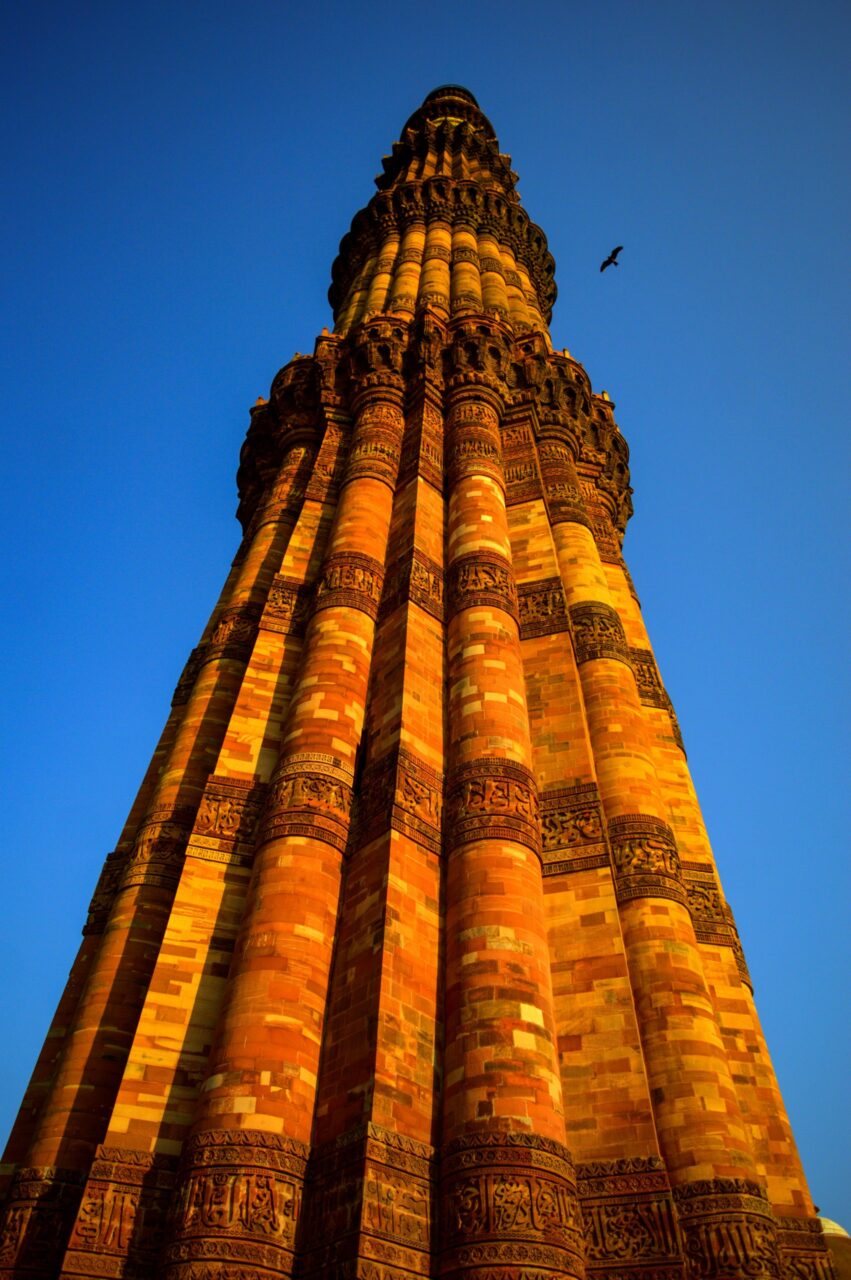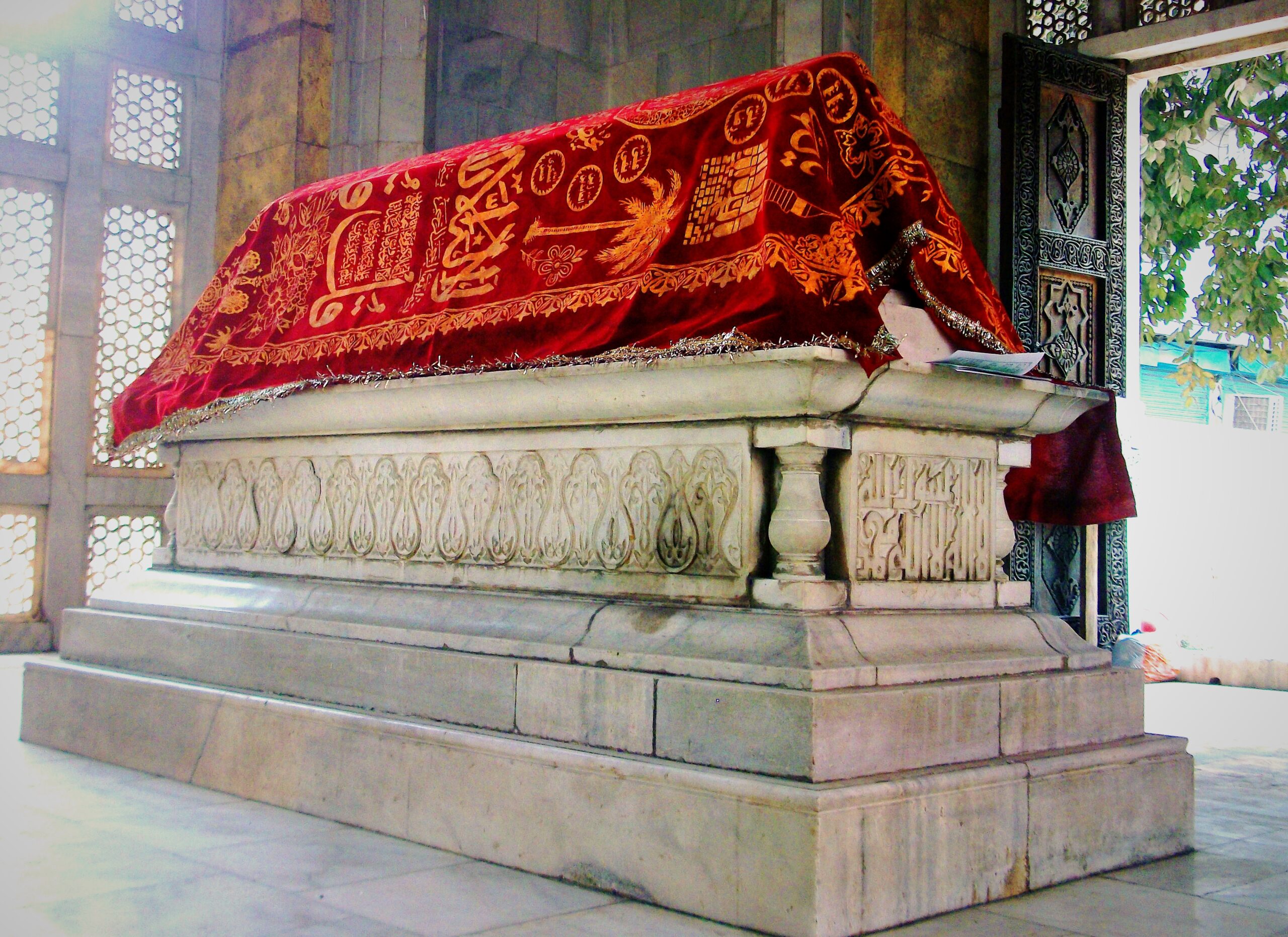Qutb ud-Din Aibak, born around 1150, was a significant figure in early Islamic rule in India. Originally a Turkic slave, he rose through the ranks under the Ghaznavid ruler Muhammad of Ghor, eventually becoming his most trusted general. When Muhammad of Ghor died in 1206, Aibak seized power, founding what would become known as the Mamluk (or Slave) Dynasty in Delhi, making him the first Muslim ruler in India. His brief rule lasted until his accidental death in 1210 while playing polo in Lahore.
Aibak is remembered for his architectural contributions, including the beginning of the Qutub Minar and the Quwwat-ul-Islam mosque in Delhi. These structures represent the fusion of Islamic and Hindu styles, as he incorporated Hindu temple elements into Islamic monuments. The Qutub Minar was later completed by his successor and son-in-law, Iltutmish.

Known as “Lakh Baksh,” or the “giver of hundreds of thousands,” Aibak was renowned for his generosity. He also fostered scholars and writers, such as Hasan Nizami, who chronicled Aibak’s life and achievements. His tomb is located in Lahore, near Anarkali Bazaar, and was renovated in the 1970s to reflect Sultanate-era architectural style.
Aibak’s legacy is marked by the establishment of Muslim governance in India, which set the foundation for the Delhi Sultanate and later Muslim empires, such as the Mughal Empire. His rule and architectural projects had lasting cultural impacts, bridging Islamic and Hindu artistic styles and influencing centuries of Indian architecture.
